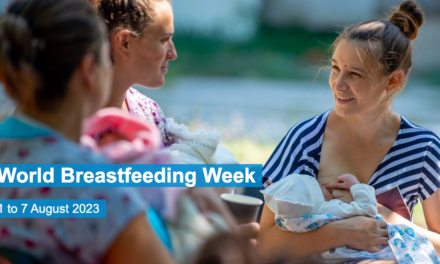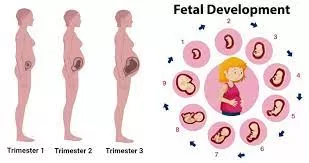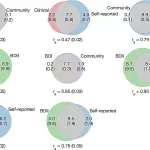Adelaide, Australia – A new review highlights a critical gap in pre-pregnancy health initiatives: the neglect of adolescents and young adults. Researchers from the University of Adelaide found that current programs primarily focus on women of reproductive age, overlooking the crucial period of adolescence when many health behaviors are established.
The study, published in Public Health, analyzed existing research from 2010 to 2023. Key findings include:
- Limited Focus on Males: While unsurprising, the lack of interventions specifically targeting young men was concerning, given the significant impact of male health on pregnancy and child outcomes.
- Overemphasis on Females: A staggering 88% of initiatives exclusively focused on females.
- Neglect of Key Areas: Crucial areas like preventing substance use, improving lifestyle behaviors, addressing nutrition, and preventing violence were largely overlooked.
- Geographic Disparity: Most initiatives were concentrated in high and upper-middle-income countries.
- Behavioral Intervention Scarcity: The review found a dearth of behavioral interventions, with most evidence limited to HPV vaccination monitoring.
“Adolescence is a pivotal time for establishing lifelong health behaviors,” emphasized lead author Zahra Ali Padhani. “Early intervention not only benefits the adolescent but also has long-term implications for their overall health and the health of their future children.”
The researchers stressed the need for a broader approach to pre-pregnancy health education. “Messaging should extend beyond women of reproductive age to encompass adolescents and young adults, including males,” said Padhani.
Associate Professor Zohra Lassi, senior author of the study, highlighted the importance of targeted interventions based on age and specific needs, particularly in regions with limited resources and evidence. “Integrating HPV vaccination into national immunization plans, especially in lower-middle-income countries, is crucial for reducing cervical cancer risk and may also contribute to better pregnancy outcomes,” she stated.
This research underscores the urgent need for increased focus on the pre-pregnancy health of adolescents and young adults. By addressing critical health concerns early on, we can significantly improve maternal, perinatal, and child health outcomes for future generations.
Disclaimer: This news article is based on the provided information and may not include all aspects of the original research.











